The Turkish breakfast, known as "kahvaltı", is far more than just a meal—it’s a cultural institution, a leisurely ritual, and a celebration of abundance. Unlike the rushed coffee-and-toast mornings common in many Western countries, a traditional Turkish breakfast is an elaborate spread designed to be savored over hours of conversation. Rooted in hospitality and community, it reflects the Turkish ethos of sharing and generosity, turning the first meal of the day into a social event.
At the heart of a Turkish breakfast table lies an array of small dishes, each offering a distinct flavor and texture. Fresh, crusty bread or warm simit (a circular sesame-encrusted bread) is a staple, acting as the perfect vessel for creamy cheeses like beyaz peynir (white cheese) or sharp kaşar. Olives, both green and black, add a briny contrast, while sliced tomatoes and cucumbers provide a refreshing crunch. No spread is complete without bal-kaymak, a decadent combination of thick clotted cream drizzled with honey, often enjoyed with a sprinkle of crushed walnuts.
Eggs hold a special place in the Turkish breakfast tradition. Menemen, a hearty dish of scrambled eggs cooked with tomatoes, green peppers, and spices, is a crowd-pleaser, often served sizzling in a cast-iron pan. For those who prefer simplicity, sahanda yumurta (fried eggs) with a runny yolk are a common alternative. Pair these with sucuk (spicy Turkish sausage) or pastırma (cured beef), and you have a protein-rich start to the day.
No Turkish breakfast is complete without an assortment of spreads and dips. Tahin-pekmez, a mix of sesame paste and grape molasses, offers a sweet-and-earthy flavor, while acuka (a spicy red pepper and walnut paste) adds a kick. Jams made from quince, fig, or rosehip are generously slathered on bread, and ezine cheese, a crumbly variety from the Aegean region, often makes an appearance. The diversity of flavors ensures there’s something to suit every palate.
Tea, served in delicate tulip-shaped glasses, is the lifeblood of a Turkish breakfast. Strong, dark, and brewed to perfection, it’s sipped slowly throughout the meal, aiding digestion and fueling conversation. For those seeking a caffeine boost, Türk kahvesi (Turkish coffee) might follow, its thick, unfiltered grounds settling at the bottom of the cup. Locals often pair it with a bite of lokum (Turkish delight) to balance the bitterness.
Regional variations add further richness to Turkey’s breakfast culture. In the Black Sea region, mıhlama, a gooey cornmeal and cheese dish, takes center stage, while the southeast favors spicy flavors, with çemen (fenugreek paste) accompanying meats. Coastal towns emphasize seafood, offering midye tava (fried mussels) or lakerda (cured bonito). Each region’s unique ingredients and traditions contribute to the tapestry of kahvaltı.
Beyond the food, the Turkish breakfast is a testament to the art of slow living. Weekends often see families and friends gathering for serpme kahvaltı, a "scattered breakfast" where the table overflows with dishes, and meals stretch into the afternoon. It’s a time to reconnect, share stories, and indulge in the simple pleasure of good company. In a fast-paced world, the Turkish breakfast remains a cherished pause—a reminder that some things are worth savoring.

By Laura Wilson/May 10, 2025
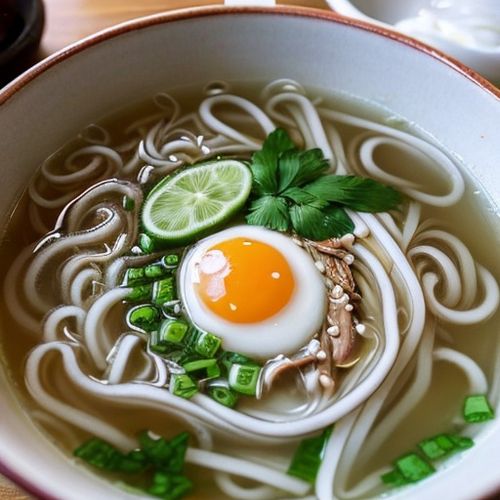
By Christopher Harris/May 10, 2025

By Samuel Cooper/May 10, 2025
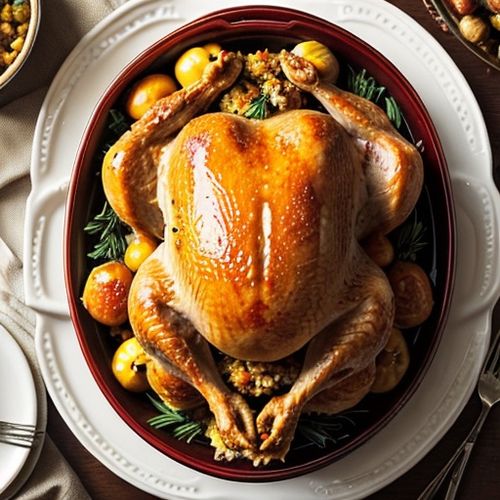
By Megan Clark/May 10, 2025
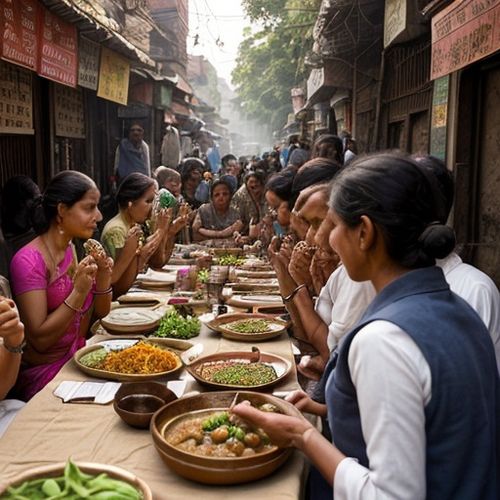
By Olivia Reed/May 10, 2025
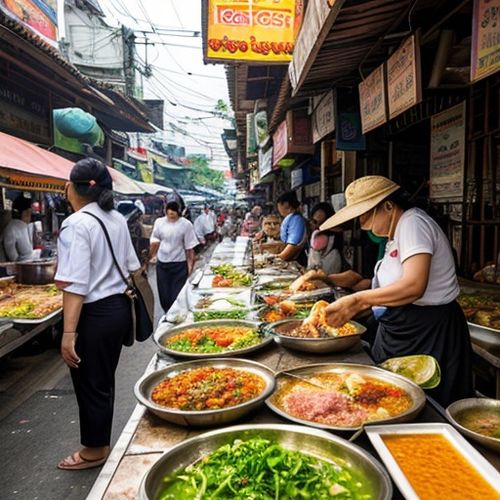
By Natalie Campbell/May 10, 2025
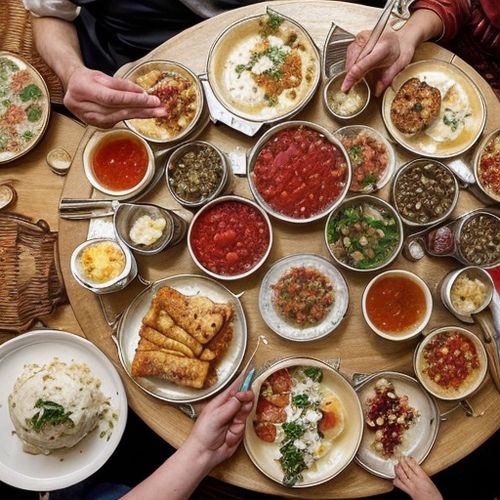
By Sophia Lewis/May 10, 2025
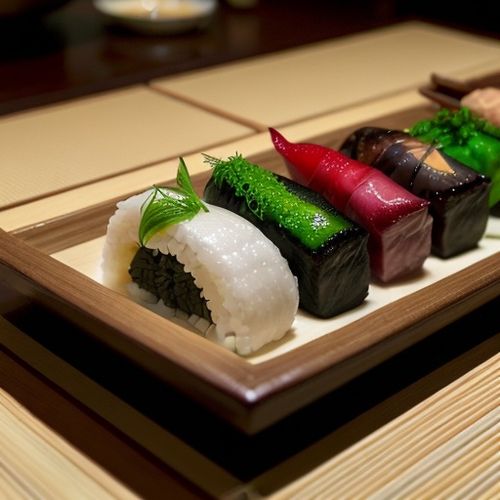
By George Bailey/May 10, 2025
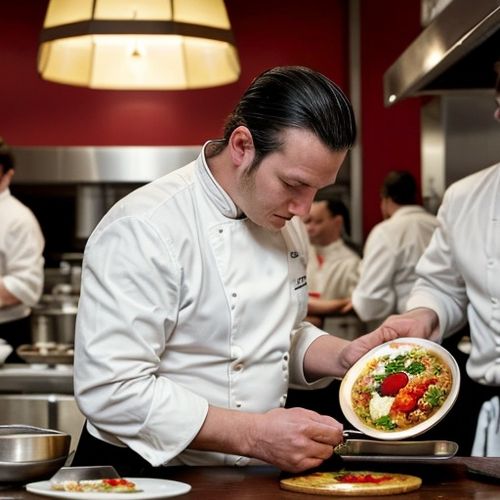
By Eric Ward/May 10, 2025
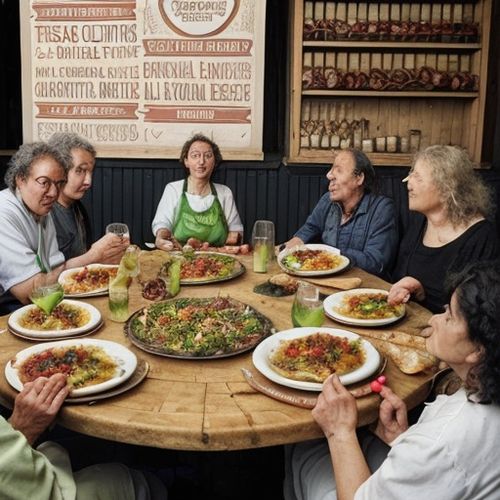
By Daniel Scott/May 10, 2025

By George Bailey/May 10, 2025

By Elizabeth Taylor/May 10, 2025

By Natalie Campbell/May 10, 2025

By Emily Johnson/May 10, 2025

By Elizabeth Taylor/May 10, 2025

By Thomas Roberts/May 10, 2025

By Christopher Harris/May 10, 2025

By Megan Clark/May 10, 2025

By Samuel Cooper/May 10, 2025
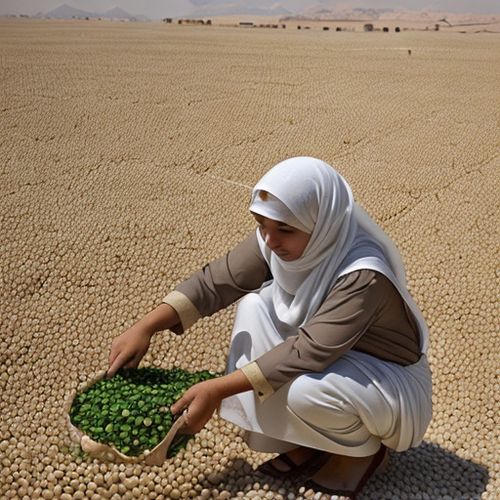
By James Moore/May 10, 2025